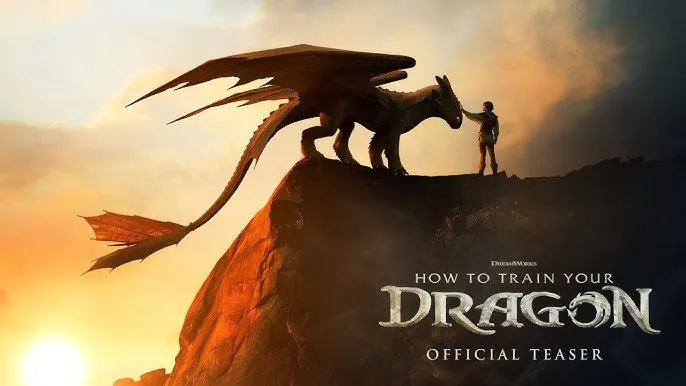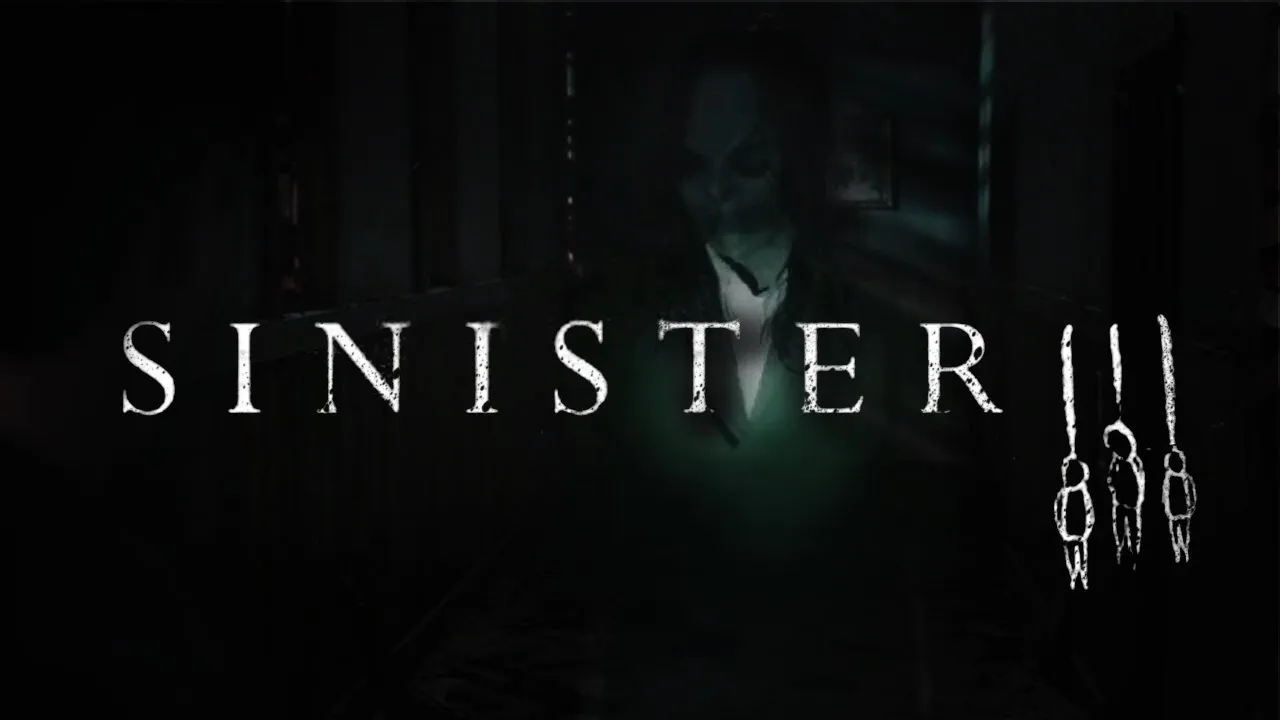They sailed for a paycheck—but faced a force no man could outrun
The Perfect Storm (2000) is a sweeping disaster drama that blends harrowing real-life events with powerful human emotion, capturing the raw fury of nature and the courage it takes to face it. Directed by Wolfgang Petersen and based on the nonfiction book by Sebastian Junger, the film tells the story of the Andrea Gail, a commercial fishing boat caught in one of the most devastating weather events of the 20th century.
Set in Gloucester, Massachusetts, the film follows Captain Billy Tyne (George Clooney), a seasoned but struggling fisherman trying to turn his luck around with one final trip to the Grand Banks. Alongside him is his loyal crew—played by Mark Wahlberg, John C. Reilly, William Fichtner, and others—each driven by pride, debt, or the promise of something better. What starts as a routine haul soon turns into a desperate fight for survival when three powerful storm systems collide into a once-in-a-century monster: the “perfect storm.”

As the Andrea Gail battles towering 100-foot waves, snapped rigging, and freezing winds, the film shifts between intense action and quiet, haunting moments of reflection. The visual effects—groundbreaking for their time—immerse the audience in the heart of the tempest. But it’s the crew’s humanity that keeps us invested: their grit, their fears, and the silent acceptance of fate as nature closes in.
Beyond the storm itself, The Perfect Storm is a tribute to the working-class heroes who risk their lives on the open sea. It doesn't glamorize their choices; it respects them. These aren’t action heroes—they’re ordinary men caught in extraordinary circumstances, doing what they believe is right.

The ending is not triumphant—it’s sobering. And that’s what makes it unforgettable. This isn’t just a film about a boat and a storm. It’s about how small we are against the forces we can't control—and how bravery isn’t measured by survival, but by the choice to face what’s coming head-on.
-1750390426-q80.webp)

-1752552483-q80.webp)
